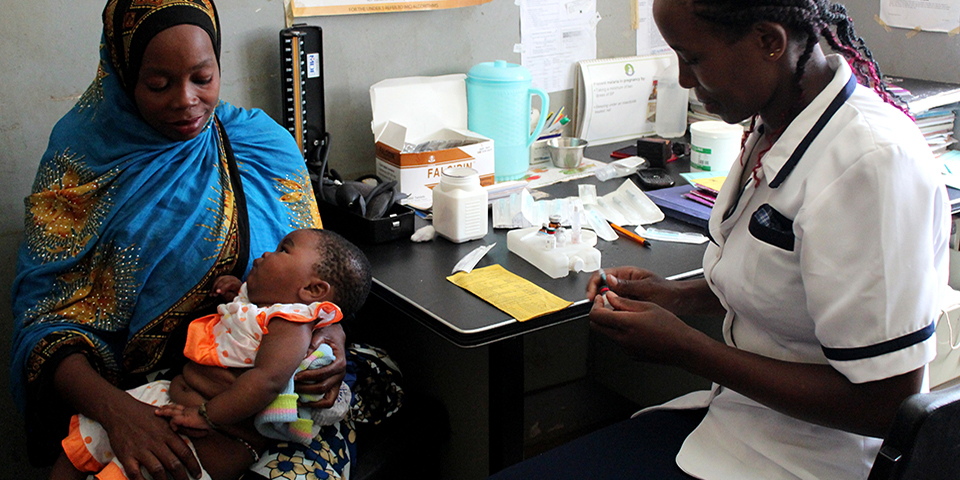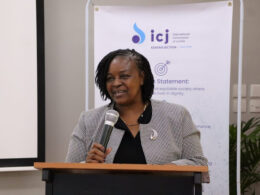The International Commission of Jurists (K) says some of the systematic challenges found were among others, inadequate and poor maintenance of health infrastructure and facilities.
Financial shifts are likely to lead to the loss of health gains that occurred while receiving substantial external financial support, the International Commission of Jurists – Kenyan Section (ICJ Kenya) has warned.
In a report, the ICJ Kenya revealed that the country’s reliance on donor funding and inadequate health financing could see Kenya fail to actualize the UHC dream by 2030.
ICJ states that dependency on key sub-sectors of its health system, particularly TB, HIV, and immunizations, which have a concentrated donor landscape of nearly 90 percent of all external aid, will lead to a funding gap for Kenya to fill when external resources decline.

Health budget
They add that if not carefully managed, such financial shifts could lead to the loss of health gains that occurred since much of the National Government and County Government budget allocations go to recurrent expenditures, with minimal allocations to development expenditures.
“Donors contribute almost 60 percent of the Ministry of Health development budget, with much of the funding allocated to HIV, reproductive health, immunization, and health systems support” the report reveals.
The average share of County Governments’ health budget allocation for recurrent expenditure has remained high, estimated at 79 percent, which is higher than the recommended 70 percent threshold, with the proportion of County Government budget allocation to health differing from county to county over the years.
The expectation is that each County Government should allocate at least 35 percent of its budget to health services for optimal service delivery.
However, most counties are still far from achieving the target, with 30 counties allocating less than 30 percent of their budgets to health in the 2018/2019 financial year.
“Much of the National Government and County Government budget allocations go to recurrent expenditures, with minimal allocations to development expenditures. Donors contribute almost 60 per cent of the Ministry of Health development budget, with much of the funding allocated to HIV, reproductive health, immunization, and health systems support” the report reads in part.










